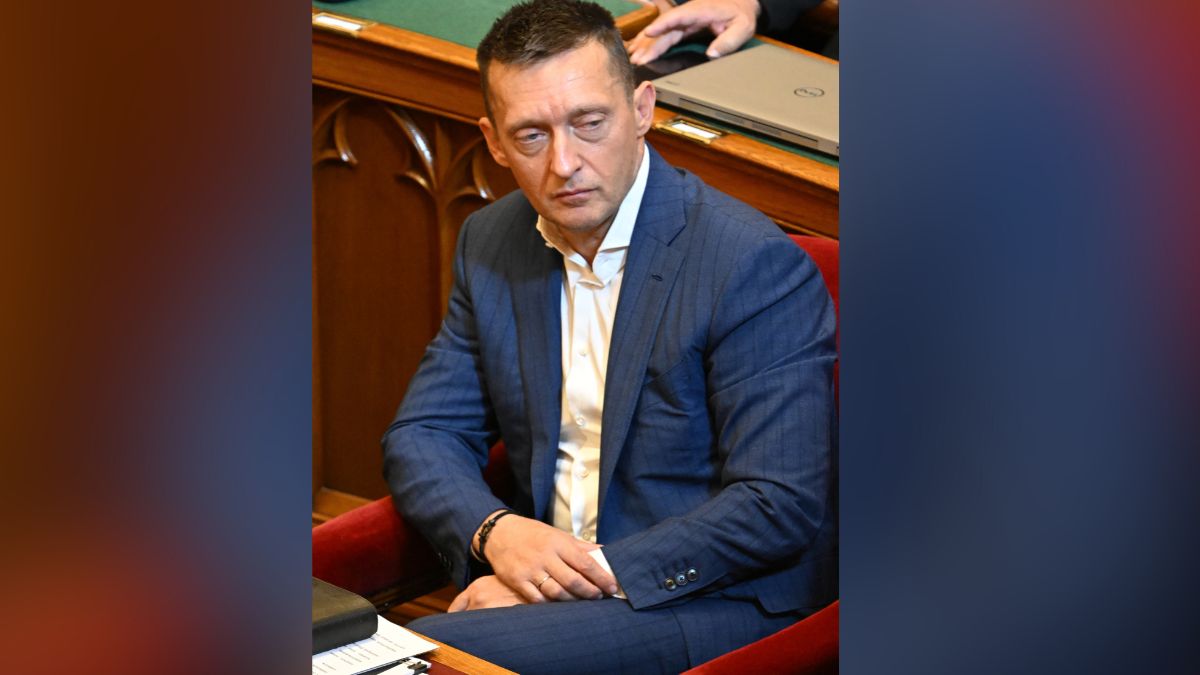The US Treasury Department has imposed sanctions on Hungarian minister Antal Rogán over “corruption” as ties between the two countries remain frosty.
On Tuesday, US ambassador to Hungary David Pressman told a press briefing that Rogan was involved in “orchestrating schemes designed to control several strategic sectors of the Hungarian economy and to divert proceeds from those sectors to himself and to reward loyalists from his political party.”
Pressman added that the Hungarian minister’s actions " affected Hungary’s decision-making process," impacting US national security.
“Minister Rogan has played a central role in enabling a system in Hungary that has benefitted himself and his party at the expense of the Hungarian people. Rogán’s activity is emblematic of the broader climate of impunity in Hungary where key elements of the state have been captured by oligarchs and undemocratic actors,” the US State Department said.
Who is Rogan?
The head of Prime Minister Viktor Orbán’s cabinet office, Rogán oversees the engineering of wide-reaching government communication campaigns that are credited with being instrumental in maintaining Orbán’s power since 2010.
Known among critics in Hungary as the “propaganda minister,” Rogán rarely appears in public or gives interviews, but is a veteran advisor to Orbán and also oversees Hungary’s secret services.
How has Hungary reacted?
Hungary, meanwhile, thinks that the recent action was a result of Biden’s vendetta against the country and hopes that the situation will improve when Donald Trump takes charge.
“This is the personal revenge of the ambassador sent by the failed US administration to Hungary, who leaves unsuccessfully and in disgrace, against Antal Rogan,” Hungary’s foreign minister Peter Szijjarto said on Facebook.
“How good that in a few days’ time the United States will be led by people who see our country as a friend and not an enemy,” he added.
Impact Shorts
More ShortsHungary-US ties
The relationship between the two NATO partners has been erratic in recent years. On the one hand, the two countries have cooperated on various fronts, including security, law enforcement, and economic matters as alliance partners and on the other hand recent developments have introduced new challenges.
With inputs from agencies


)

)
)
)
)
)
)
)
)



